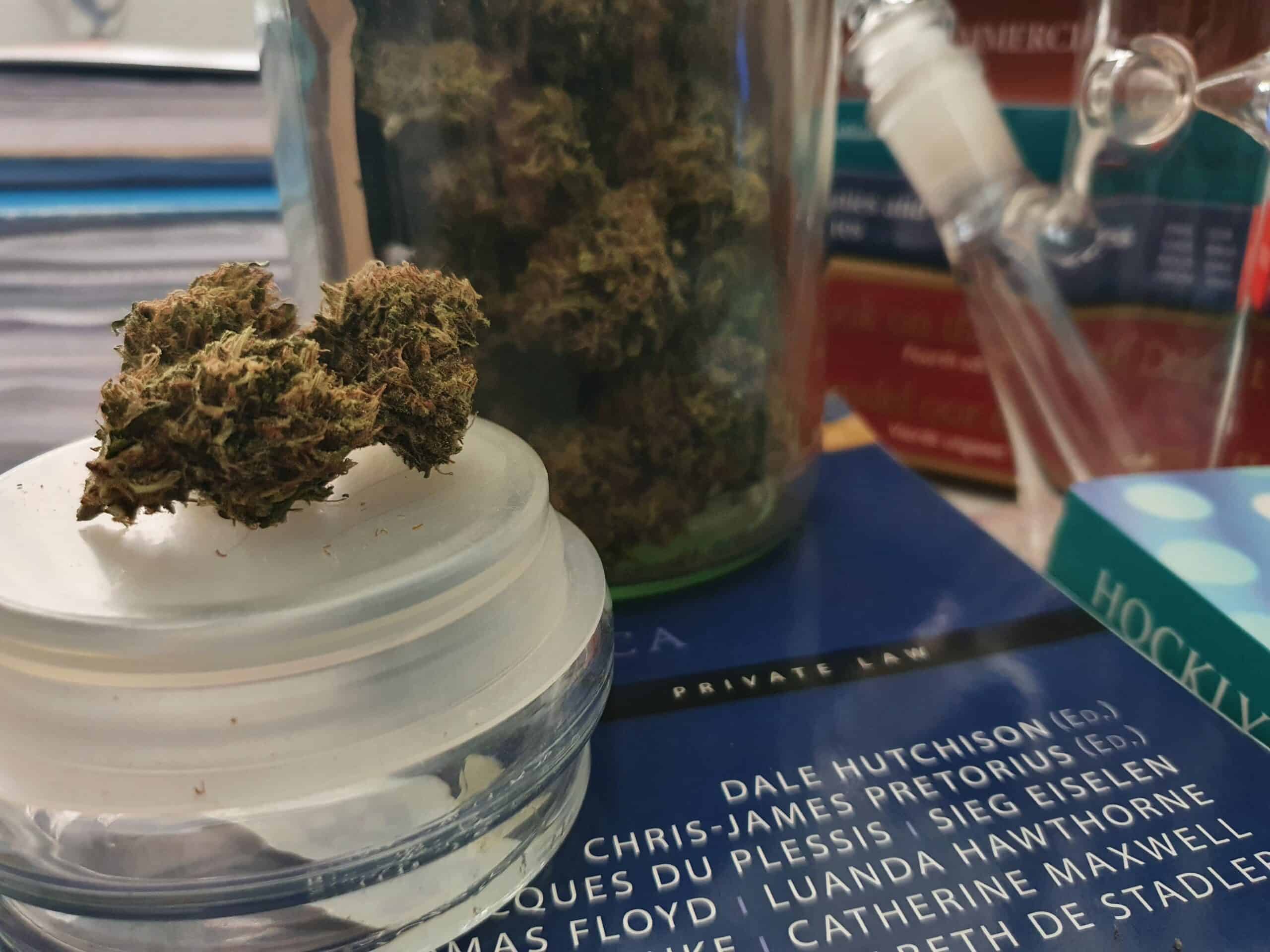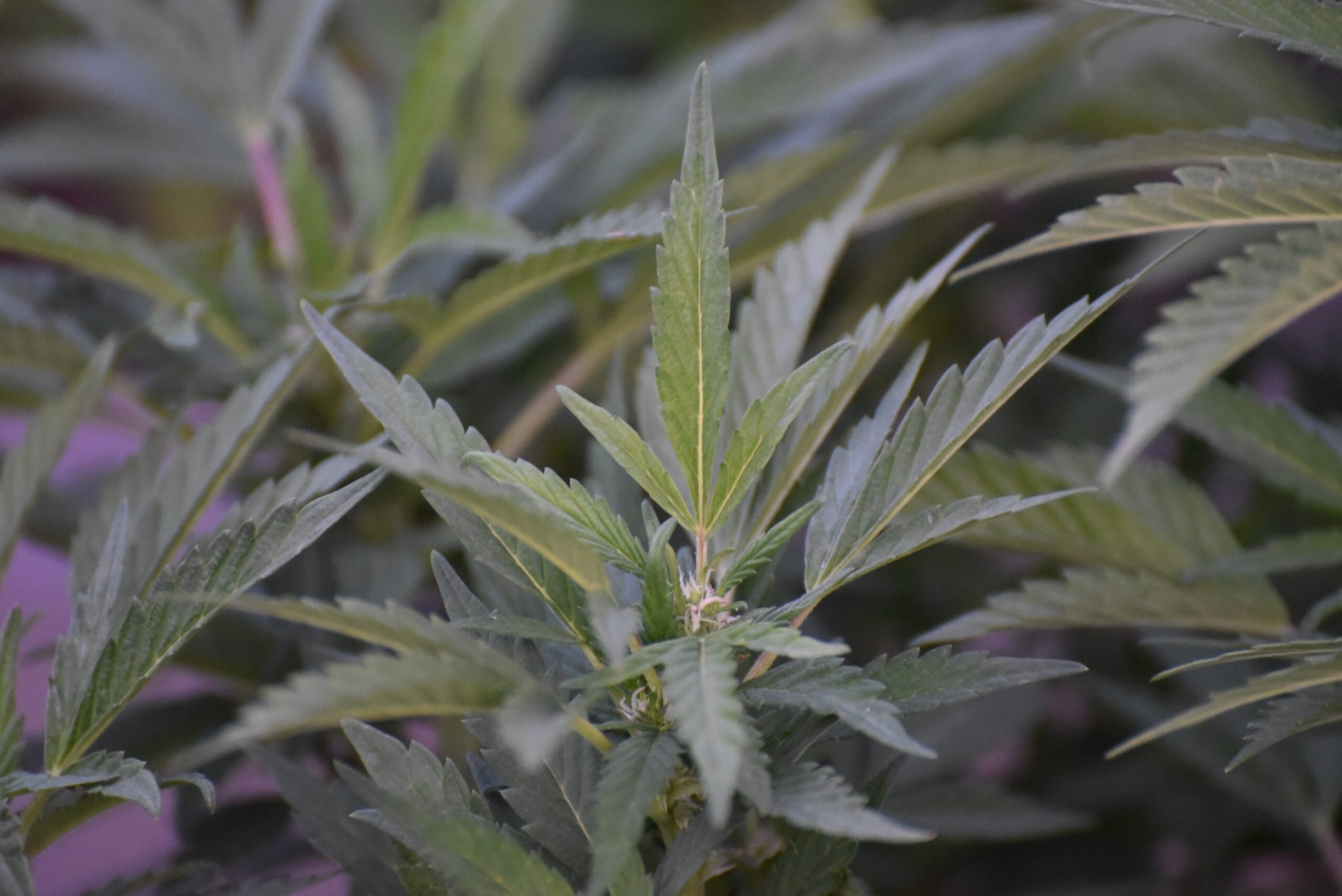Dagga is legal? What now?
DISCLAIMER: None of us here at sunsoil.co.za have ever done anything like this before so we have no idea what we’re doing, the articles below are uninformed opinion and are not intended to be taken as advice or fact. We might as well be your weird uncle telling stories around the braai. We will always try to link our sources and we encourage you to do your own research and stay informed.
If you feel you can help or want to learn more about us or want to be involved in any way, please feel free to contact us on info@sunsoil.co.za.
Dagga is legal? What now?
It has now been several years since Mr. Prince and Mr. Acton and their team succeeded in their legal battle. The court’s deadline for laws has come and gone and we are no closer to knowing what the law actually says.
“What is the law now?”, “Can I grow Cannabis?” “How much can I grow?”
The local news outlets that reported on the case used headlines that read “Dagga is Legal”, but very few have broken down exactly what the current legal situation is around cannabis.
Whenever you want to understand what your rights are or what the law says, a good place to start is the law itself.
Cannabis appears in a few areas of law, most relevant to us being the Drugs and Drug Trafficking Act and the Medicine’s Control Act.
It is important to note that the Proposed “Cannabis for Private Purposes” Bill is NOT currently law, it is merely a proposed draft and has several stages it must go through before it is gazetted into law. We will discuss this bill and everything wrong with it in a later post.
The judgement in Minister of Justice and Constitutional Development and Others v Prince (Clarke and Others Intervening); National Director of Public Prosecutions and Others v Rubin; National Director of Public Prosecutions and Others v Acton (CCT108/17) [2018] ZACC 30; 2018 (10) BCLR 1220 (CC); 2018 (6) SA 393 (CC); 2019 (1) SACR 14 (CC) (18 September 2018) is what we will be looking at since it is the most recent piece of law.
The Cape Town High Court Case was summarised as an issue of privacy, despite many other matters being raised. Judgement was given in Cape Town in 2017 and the matter was finally ratified by the Constitutional Court on 18 September 2018. Parliament was given 24 months to gazette limitations on quantities, etc. failing which the additions read-in by the judgement would be final.
The High Court Judgement:
Order
[130] This Court must invoke its powers under s 172 (1) (b) of the Constitution to order a suspension of the declaration of invalidity for a realistic period to ensure Parliament may correct the defect. In my view, a period of 24 months from the date of this judgment would be appropriate. The order also makes clear that the relevant provisions are only unconstitutional to the extent that they trench upon the private use and consumption of a quantity of cannabis for personal purposes, which the legislative considers does not constitute undue harm.
[131] In the interim period, it is necessary to provide that prosecutions that fall within legal provision declared to be unconstitutional should be stayed.
[132] For these reasons the following order is made
1. The following provisions are declared inconsistent with the Constitution of the Republic of South Africa Act 108 of 1996 and invalid, only to the extent that they prohibit the use of cannabis by an adult in private dwellings where the possession, purchase or cultivation of cannabis for personal consumption by an adult:
1.1. sections 4(b) and 5(b) of the Drugs and Drug Trafficking Act 140 of 1992 (the Drugs Act) read with Part III of Schedule 2 to the Drugs Act; and
1.2. section 22A(9)(a)(i) of the Medicines and Related Substances Control Act 101 of 1965 (the Medicines Act) and s 22A (10) thereof read with schedule 7 of GN R509 of 2003 published in terms of s 22A(2) of the Medicines Act.
2. This declaration of invalidity is suspended for a period of 24 months from the date of this judgment in order to allow Parliament to correct the defects as set out in this judgment.
3. It is declared that until Parliament has made the amendments contemplated in paragraph 1 or the period of suspension has expired, it will be deemed to be a defence to a charge under a provision as set out in paragraph 1 of this order that the use, possession, purchase or cultivation of cannabis in a private dwelling is for the personal consumption of the adult accused.
http://www.saflii.org/za/cases/ZAWCHC/2017/30.html
What this says is that Cannabis is still illegal, but not if you are in possession of and/or cultivating for your own personal use. This Judge went further to allow the purchase of cannabis, but the Constitutional court overruled this saying that the purchase cannot be legal if the sale is still illegal and that the purpose of this case is not to legalize sale or trade in Cannabis.
The Judge also gave parliament 24 month to correct the defects in law, which they have failed to do. This means that the “read-in” portion of the judgement is now final and law.
Lastly, the judge added that, in the event that, you are arrested for a cannabis related charge, you may raise personal, private use as a defence.
After this judgement, the standard legal procedure is that because a High Court dealt with a case about the Constitutional validity of certain legislation, the Constitutional Court would need to consider and then confirm (or ratify) the decision.
Various parties filed appeals and applications to intervene, and the Constitutional Court came to a decision:
The Constitutional Court Judgement:
Order
On application for confirmation of an order of constitutional invalidity granted by the Western Cape Division of the High Court, Cape Town (Davis J):
1. The application to stay these proceedings is dismissed.
2. The application brought by King Adam Kok V, the Griqua Nation, Chief Petros Vallbooi and the /Auni San People for leave to intervene as parties is dismissed.
3. Leave to appeal is granted.
4. Leave to cross-appeal is granted.
5. The appeal is dismissed.
6. The cross-appeal is upheld in part to the extent that the reference in the order of the High Court to “in a private dwelling” or “in private dwellings” is replaced with “in private” or in the case of cultivation, “in a private place”.
7. The order of the Western Cape Division of the High Court is confirmed only to the extent reflected in this order and is not confirmed in so far as it is not reflected in this order.
8. To the extent that the order of the Western Cape Division of the High Court purported to declare as constitutionally invalid provisions of sections referred to in that order that prohibit the purchase of cannabis, that part of the order is not confirmed.
9. To the extent that the order of the Western Cape Division of the High Court excluded from the ambit of its order of the declaration of invalidity provisions of the sections referred to in that order that prohibit the use or possession of cannabis in private in a place other than a private dwelling by an adult for his or her own personal consumption in private, that part of the order is not confirmed.
10. It is declared that, with effect from the date of the handing down of this judgment, the provisions of sections 4(b) of the Drugs and Drug Trafficking Act 140 of 1992 read with Part III of Schedule 2 of that Act and the provisions of section 22A(9)(a)(i) of the Medicines and Related Substances Control Act 101 of 1965 read with Schedule 7 of GN R509 of 2003 published in terms of section 22A(2) of that Act are inconsistent with right to privacy entrenched in section 14 of the Constitution and, therefore, invalid to the extent that they make the use or possession of cannabis in private by an adult person for his or her own consumption in private a criminal offence.
11. It is declared that, with effect from the date of the handing down of this judgment, the provisions of section 5(b) of the Drugs and Drug Trafficking Act 140 of 1992 read with Part III of Schedule 2 of that Act and with the definition of the phrase “deal in” in section 1 of the Drugs and Drug Trafficking Act 140 of 1992 are inconsistent with the right to privacy entrenched in section 14 of the Constitution and, are, therefore, constitutionally invalid to the extent that they prohibit the cultivation of cannabis by an adult in a private place for his or her personal consumption in private
12. The operation of the orders in 10 and 11 above is hereby suspended for a period of 24 months from the date of the handing down of this judgment to enable Parliament to rectify the constitutional defects.
13. During the period of the suspension of the operation of the order of invalidity:
(a) section 4(b) of the Drugs and Drug Trafficking Act 140 of 1992 shall be read as if it has sub-paragraph (vii) which reads as follows:
“(vii) , in the case of an adult, the substance is cannabis and he or she uses it or is in possession thereof in private for his or her personal consumption in private.”
(b) the definition of the phrase “deal in” in section 1 of the Drugs and Drug Trafficking Act 140 of 1992 shall be read as if the words “other than the cultivation of cannabis by an adult in a private place for his or her personal consumption in private” appear after the word “cultivation” but before the comma.
(c) the following words and commas are to be read into the provisions of section 22A(9)(a)(i) of the Medicines and Related Substances Control Act 101 of 1965 after the word “unless”:
“, in the case of cannabis, he or she, being an adult, uses it or is in possession thereof in private for his or her personal consumption in private or, in any other case,”
14. The above reading-in will fall away upon the coming into operation of the correction by Parliament of the constitutional defects in the statutory provisions identified in this judgment.
15. Should Parliament fail to cure the constitutional defects within 24 months from the date of the handing down of this judgment or within an extended period of suspension, the reading-in in this order will become final.
http://www.saflii.org/za/cases/ZACC/2018/30.html
The Judge says a lot in his order. The first 5 points are just dismissing the various applications that were made to appeal/intervene.
6 is important to us, as the judge clarifies that it is no longer only in a “private dwelling“, but now just in “private“, this is much broader than in the High Court Judgment
7 says anything mentioned in the High Court Judgement, but not mentioned in the Constitutional Court Judgement falls away. So this is the “final” judgement.
8 is the part I referred to earlier about “purchase”, the Constitutional Court Judgement expressly states that this is not confirmed and it is thus removed from the “read-in” parts.
9, 10 and 11 deal with the constitutional validity of the sections of the acts. In 10 the Constitutional Court expressly states that the provisions are “invalid to the extent that they make the use or possession of cannabis in private by an adult person for his or her own consumption in private a criminal offence.” and similarly in 11 “invalid to the extent that they prohibit the cultivation of cannabis by an adult in a private place for his or her personal consumption in private“
12 confirms the High Court’s decision to give parliament 24 months to rectify the defects in law and suspends the “operation” of 10 and 11 until after the 24 months. (Which has already lapsed)
13 is important as it provides the exact wording of the law as it will be “read-in”. This is currently (at date of publishing this) the most recent law regarding Cannabis.
14 says that the “reading-in” in 13 above will be temporary for the 24 months or until parliament has corrected the constitutional defects.
15 says that if Parliament fails to rectify the constitutional defects within 24 months, the “reading-in” in 13 will become permanent. Since parliament has failed, the “read-in” parts in 13 are now final.
16 and 17 are just orders relating to costs so I left them out.
In giving the Judgement, the Judge also mentions the evidence and the considerations that brought him to his order. I’ve highlighted some of the points I thought were important:
- The Judge expressly states that “An example of cultivation of cannabis in a private place is the garden of one’s residence. It may or may not be that it can also be grown inside an enclosure or a room under certain circumstances. It may also be that one may cultivate it in a place other than in one’s garden if that place can be said to be a private place.“
This means that as long as the amount of cannabis can reasonably be considered to be for personal private use, you can grow indoors or away from your own personal residence.
- There was no limit was placed on how many trees can be cultivated, but you will be expected to justify the number of trees planted if a Police officer gets suspicious.
Currently the only means to get legal cannabis is to grow your own. [Section 21 Applications also allow for medical cannabis use.]
So, what does this mean for you?
It means as long as you are polite and considerate to those around you and ensure that there are no under 18-year olds, or adults who do not consent to cannabis use around you when you consume your cannabis, you should be okay. Be polite, be respectful and know your rights.
If you grow a seasonal outdoor plant or two with a small indoor set up for those long winter months for yourself to always have a bit of smoke, you should be okay.
I hope this helps you understand what your rights currently are.
Here are some helpful links if you want to know more:
Fields of Green for All Links:
https://fieldsofgreenforall.org.za/stop-the-cops/
https://fieldsofgreenforall.org.za/cannabis-faq/
https://fieldsofgreenforall.org.za/the-constitutional-right-to-privacy/
Cape Town High Court Judgement:
http://www.saflii.org/za/cases/ZAWCHC/2017/30.html
Constitutional Judgement:
http://www.saflii.org/za/cases/ZACC/2018/30.html
Warrants Precedent Judgement:
http://www.saflii.org/za/cases/ZAWCHC/2020/138.html
The Traditional Healers Act, has been formally clarified by both SAHPRA and the SAPS in their media statement. There have been some court cases recently relating to Traditional Health Products, however.
(See: https://lawlibrary.org.za/index.php/za/judgment/supreme-court-appeal-south-africa/2022/49)


